Academic Environment
|
INTRODUCTION
iNTRODUCTION TO PEDAGOGYPedagogy has its origin from the Greek language ‘paidagogos’; ‘paid’ for child ‘agogos’ for leader. This simply means ‘slave who took child to school’. Valerie O ’Loughlin & Grand Summarizer from INDIANA UNIVERSITY BLOOMINGTON define pedagogy as the art, science or profession of teaching they also define it as the exploration of effective teaching and learning strategies.
Chris Watkins and Peter Mortimore sees the origin of the term 'pedagogy' from a different perspective but more of the same as what Valerie O ’Loughlin’s & Grand Summarizer’s definition. They also argue, "we recognize that, as with other complex ideas, pedagogy will be difficult to define - even in the formal literature on the subject. The boundaries of the concept may seem unclear, but the ways in which different writers have drawn them may itself be instructive." Pedagogy is neither science nor art: pedagogy is a craft, an approach suggested by writers who recognize uncertainty and the limits of predictability (McDonald, 1 992; Marland, 1 993). DEFINITION OF PEDAGOGY
DEFINITION OF PEDAGOGYPedagogy itself is a contested term, but involves activities that evoke changes in the learner: Watkins and Mortimore define pedagogy as ‘any conscious activity by one person designed to enhance learning in another’ (1999, p.3). According to Bernstein, pedagogy ‘is a sustained process whereby somebody(s) acquires new forms or develops existing forms of conduct, knowledge, practice and criteria from somebody(s) or something deemed to be an appropriate provider and evaluator’ (Bernstein, 2000, p.78). Bernstein contrasts two models of pedagogy that focus on the teacher’s organisation, management, discourse and response to the students and which provide a useful theoretical framework with which to understand different pedagogical approaches: Performance model: visible pedagogies where the teacher explicitly spells out to the students what and how they are to learn, with a recognisable strong framing or lesson structure, collective ways of behaving and standardised outcomes; Competence model: invisible pedagogies with weaker framing that result in an ostensibly more informal approach where the teacher responds to individual children’s needs, with hidden or unfocused learning outcomes (Bernstein, 1990). This review found Alexander’s definition of pedagogy was most helpful, wherein teaching ‘is an act while pedagogy is both act and discourse’ (Alexander 2001, p.540). Pedagogy comprises teachers’ ideas, beliefs, attitudes, knowledge and understanding about the curriculum, the teaching and learning process and their students, and which impact on their ‘teaching practices’, that is, what teachers actually think, do and say in the classroom. Teacher beliefs are contextually based, and Alexander’s definition also encompasses social, cultural and political aspects. Child Australia defines pedagogy as an encompassing term concerned with what a teacher does to influence learning in others. 'The function or work of teaching: the art or science of teaching, education instructional methods.’ (Department of Education, Employment and Workplace Relations (DEEWR), 2009a, p.42) ‘... the instructional techniques and strategies that allow learning to take place. It refers to the interactive process between teacher/practitioner and learner and it is also applied to include the provision of some aspects of the learning environment (including the concrete learning environment, and the actions of the family and community)’ (Siraj-Blatchford, Sylva, Muttock, Gilden & Bell, 2002, p.10) ‘Pedagogy is about learning, teaching and development influenced by the cultural, social and political values we have for children…in Scotland, and underpinned by a strong theoretical and practical base.’ (Education Scotland, 2005, p.9) Aims, goals, content, objectives, methods and educational practices employed by society to inculcate certain values aspired by that society (OSABWA WYCLIFFE, 2016, p.18) CONCLUSION
There are no acceptable or unacceptable definitive words that can define pedagogy because scholars are skeptic on its description. However, they tend to agree that ‘pedagogy comprises what teachers do in the classroom, but also their ideas, knowledge and attitudes in relation to the learners, the teaching and learning process and the curriculum. Pedagogy can therefore be said to a set of strategies, resources, activities and skills used by one person to enhance learning of another person. KCPE PAST PAPERS
KCSE PAST PAPERS
KNEC PAST PAPERS FOR COLLEGE
works cited
Works Cited Australia, C. (n.d.). Retrieved from Child Australia: https://childaustralia.org.au/wp-content/uploads/2017/02/CA-Statement-Pedagogy.pdf Dr Jo Westbrook, D. N. (2013, December). Education Rigorous Literature Review. Retrieved from University of Sussex: http://eppi.ioe.ac.uk/cms/Portals/0/PDF%20reviews%20and%20summaries/Pedagogy%202013%20Westbrook%20report.pdf?ver=2014-04-24-121331-867 Mortimore, C. W. (n.d.). Retrieved from https://www.chriswatkins.net/wp-content/uploads/2015/07/Watkins-99-Pedagogy-what-mean.pdf Summarizer, V. O. (n.d.). Retrieved from INDIANA UNIVERSITY BLOOMINGTON: http://medsci.indiana.edu/m620/ppt/pec_lrn_styl.pdf WYCLIFFE, O. (2016, May). Bitstream. Retrieved from Kenyatta University: http://ir-library.ku.ac.ke/bitstream/handle/123456789/15084/An%20analysis%20of%20the%20pedagogical%20approaches%20to%20character........pdf?sequence=1
0 Comments
|
RSS FEEDS
ARCHIVES
Archives
May 2024
CATEGORIES
Categories
All
|
We Would Love to Have You Visit Soon! |
Hours24 HR Service
|
Telephone0728 450425
|
|
8-4-4 materialsLevels
Subjects
|
cbc materialsE.C.D.E
Lower Primary
Upper Primary
Lower Secondary
Upper Secondary
|
teacher support
Other Blogs
|

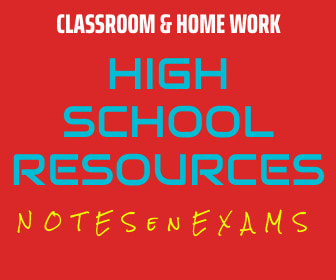
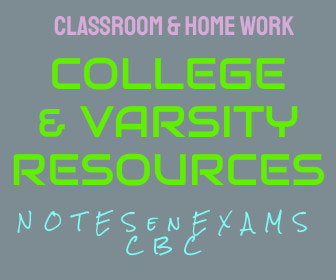
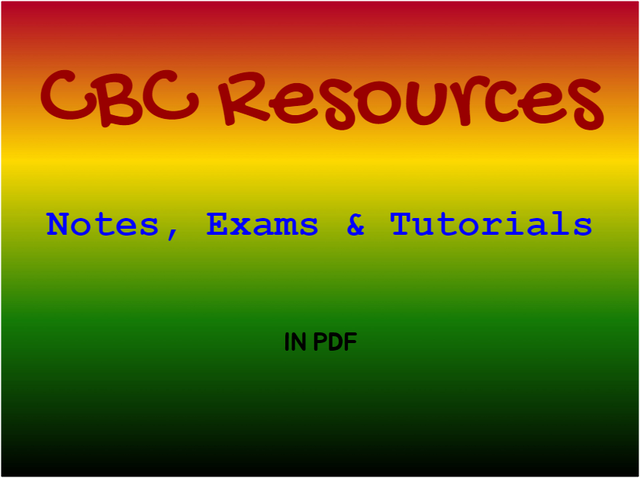
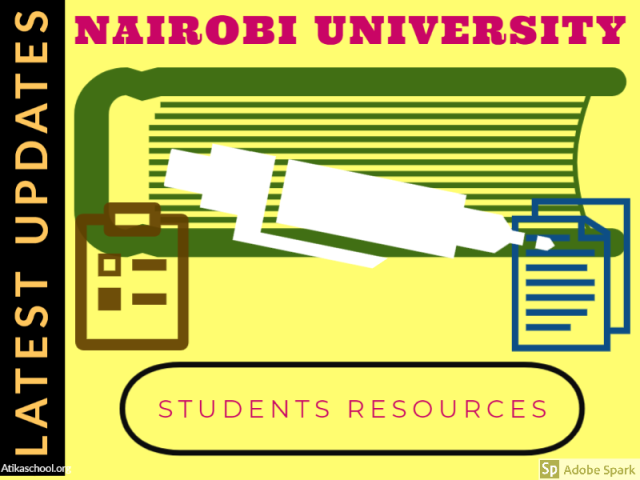
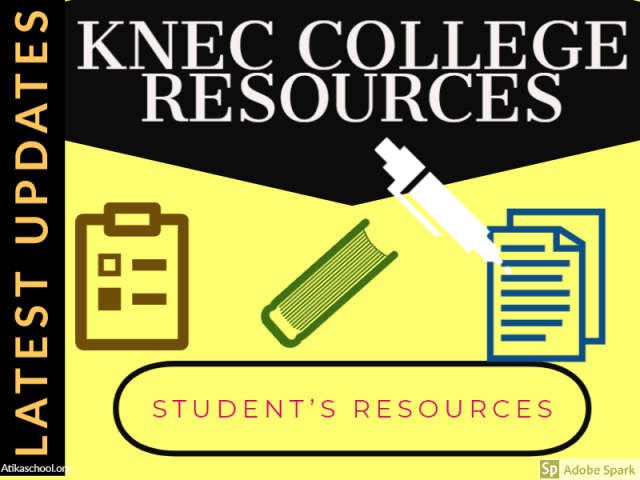


 RSS Feed
RSS Feed